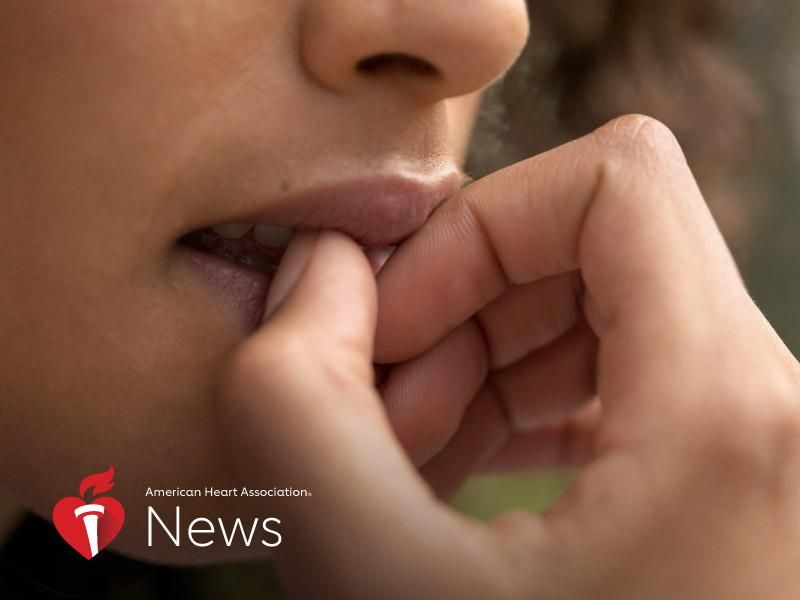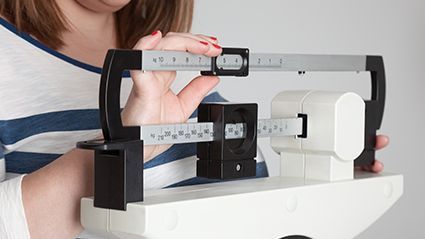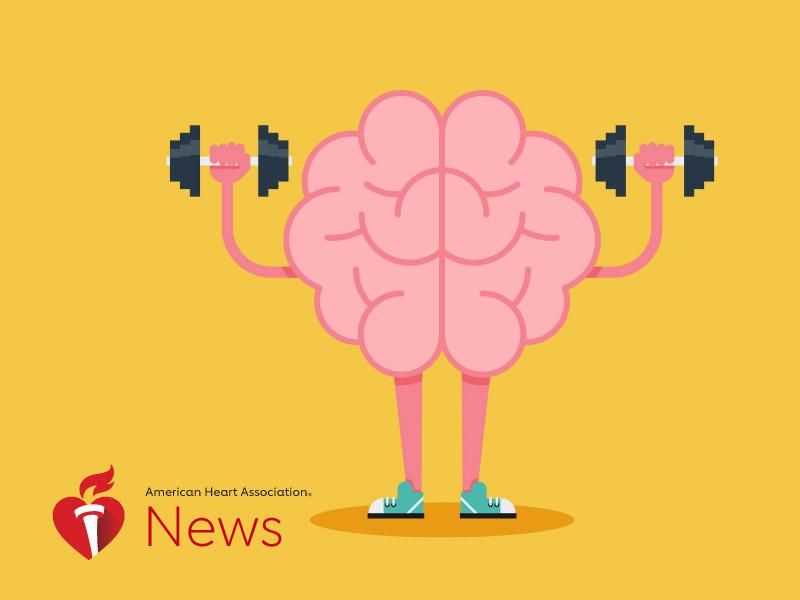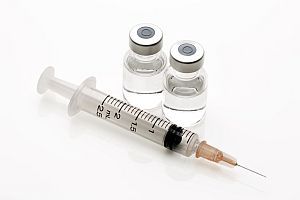
Not many people have had the opportunity to get the COVID-19 vaccine yet. But while you wait your turn, there are some steps you can take to give the vaccine — whichever brand you get — a boost when it’s available to you. An Ohio State University review of 49 vaccine studies dating back 30… read on > read on >






























